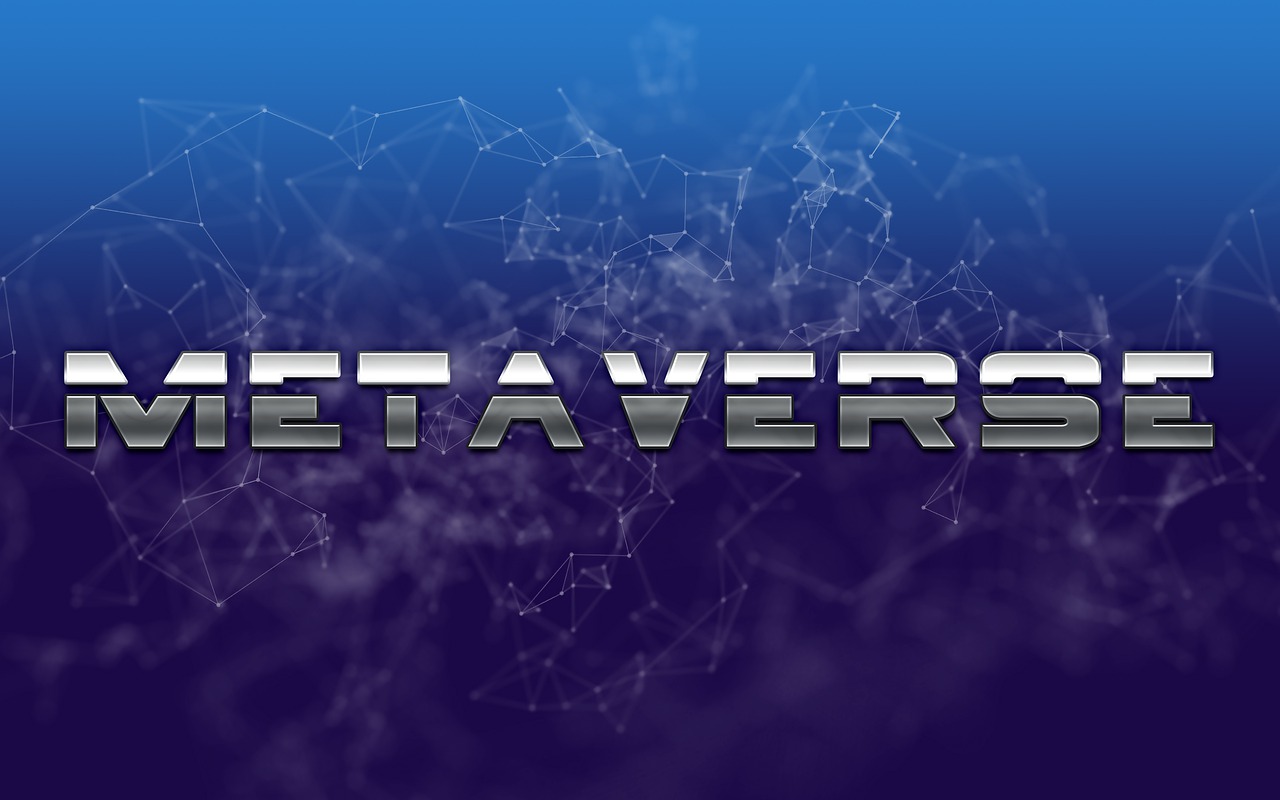8 Best Non-Custodial Crypto Wallets; Exclusive List

Are you a cryptocurrency user and confused about where to store your coins? If yes, then the best non-custodial crypto wallets are the ideal solution for you. These wallets provide enhanced security with self-ownership of your funds by allowing you to control your private keys.
On top of that, these wallets provide high-level security protocols and keep track of all transactions without compromising the user’s privacy. So start storing coins with ease in the best non-custodial crypto wallets available out there!
What is A Non-Custodial Wallet?
A non-custodial wallet is a crypto storage method that enables users to look after, manipulate and move their digital resources independently, without depending on an external custodian or middleman. In comparison, a custodial wallet from a central exchange holds the private keys and restricts the user’s access.
What Are Non-Custodial Crypto Wallets In Crypto?
Non-custodial crypto wallets are types of wallets in the cryptocurrency market wherein the user is granted exclusive control over their private keys. Instead of trusting a third party, such as an exchange, to store these keys, users have direct access and authority to secure and manage them.
Additionally, Non-custodial wallets offer censorship resistance, providing their owners with a direct link to their blockchain address. It means that access is not dependent on any other entity, and assets can’t be taken away by someone else.
In contrast, custodial wallets have the host platform controlling access to them, allowing for the potential confiscation of funds.
Types of Non-Custodial Wallets
Generally, non-custodial wallets are categorized into three types which are mentioned below.
Software Non-Custodial Wallets
This type of wallet is a program you can access using your web browser, laptop, or smartphone. It securely stores your confidential information online, which is accessible anytime you’re connected to the internet.
Software wallets that don’t require custodians to access are convenient and secure, but the private keys are exposed and open to digital threats. Examples of these types of wallets include Metamask and Trust Wallet.
Hardware Wallets
Hardware wallets are crypto storage solutions that keep your private keys offline, away from internet connections, stored on a secure physical device. They are often small, portable pieces of hardware which plug into your computer for access to your digital assets. Notable hardware wallets include those manufactured by Ledger, such as the Stax, Nano X, and Nano S Plus.
Paper Wallets
Storing private keys offline can be done through paper wallets. This is done with a physical sheet of paper having both QR codes and private keys. Another wallet app must be employed to use the assets, which can read the QR codes and transfer the funds into it.
Paper wallets provide an extra layer of security when protecting crypto assets. However, they are not repeatedly used as the paper is not a reliable long-term storage solution.
8 Best Non-Custodial Crypto Wallets
Check out the 8 greatest non-custodial wallets if you wish to have control of your crypto in terms of both security and ease of use.
1. MetaMask
MetaMask is a renowned browser extension wallet developed by the prominent blockchain tech provider, ConsenSys. Since its 2016 launch, it has become the most favored non-custodial wallet.
This is due to the remarkable DeFi summer of 2020, and it is the only readily available choice. Over the last year, many have integrated it with OpenSea to trade NFTs.
MetaMask supports ERC-20 tokens and can be integrated into other networks such as BNB Chain, Polygon, Optimism, and Arbitrum. The crypto wallet is an extension, that allows people to interact with dApps on Ethereum or other compatible networks.
Key Features Of MetaMask
- Users can develop and integrate their wallet token based on ERC-20 across various EVM networks such as Arbitrum, BNB Chain, Optimism, Polygon, and more.
- MetaMask is an extension to interact with Ethereum-based dApps or other EVM-compatible networks.
- It offers an in-house swap facility to facilitate easy exchange without using DEX.
- Security is maintained by not taking any ownership of users’ private keys or seed phrases, allowing them complete custody of their assets.
2. Trust Wallet
Trust Wallet is an open-source and decentralized crypto wallet app. It provides users with a variety of choices to purchase, sell and store digital resources. More than 35 blockchains and 160 different digital assets are supported by Trust Wallet.
Additionally, it has built-in buy, swap, and exchange features that allow users to conveniently switch one crypto asset for another or acquire crypto with fiat money.
With the wallet being available for mobile phones (iOS and Android), plus desktops, users can interact with dapps without worrying about their security or privacy. In July 2018, Binance – a renowned cryptocurrency exchange – purchased Trust Wallet.
Key Features Of Trust Wallet
- Supports 35+ blockchains and 160+ cryptocurrencies.
- Features for buying, swapping, and exchanging cryptos.
- Possibility to interact securely with DApps on 14 EVM-compatible ecosystems.
- Easily trade one crypto asset for another or purchase crypto with fiat money.
3. Coinbase Wallet
Coinbase Wallet, created by US-based crypto giant Coinbase, is gaining popularity as it offers a familiar user experience to those with a self-custody wallet. Plus, with its notable 90 million users, Coinbase’s reputation makes it an attractive choice.
Coinbase Wallet was launched in 2018 and is highly praised as a user-friendly self-storage service. Additionally, it supports Ethereum and all EVM blockchains and can be accessed via Chrome extensions like MetaMask. Coinbase’s extension provides extra support for Solana and SPL tokens.
Key Features Of Coinbase Wallet
- Supports Ethereum & EVM-compatible blockchains.
- MetaMask compatible – Easy Chrome extension install.
- Non-custodial wallet – Supports Solana & SPL tokens.
- Easily available as a mobile application.
- Supports coins such as Bitcoin, Ripple, Dogecoin, and Litecoin (which aren’t EVM-compatible).
- No KYC or Coinbase account is required for use.
4. MyEtherWallet (MEW)
MyEtherWallet (MEW) is a well-established provider in the cryptocurrency arena and geared toward users who are familiar with technical aspects. It offers a free, user-friendly interface to access the Ethereum blockchain, with its open-source availability.
Additionally, MEW supports blockchain networks compatible with Ethereum, such as Ethereum Classic (ETC), BNB Chain, Polygon, and more. However, the use is simple but still more technical than the other wallets on the list.
Key Features Of MyEtherWallet
- Open-source availability.
- Compatible with Ethereum Classic (ETC), Polygon, the BNB Chain, and more.
- Cross-chain swapping capability.
- Seamless connection with DEX aggregators such as 1 inch.
5. Exodus
Exodus is a wallet to hold multiple types of cryptocurrencies without an outside authority controlling it. This wallet focuses on first-timers with a smooth, user-friendly design.
Users can also store, monitor and exchange up to 130+ digital currencies, such as BTC, ETH, BNB, SOL, and DOGE, all through a single interface.
Furthermore, Exodus Wallet allows users to gain additional income by executing crypto-to-crypto trades with a risk-free money-back guarantee. A percentage of the profit goes directly into users’ accounts at the end of each successful trade.
Key Features Of Exodus
- This wallet offers crypto exchange and portfolio management services, allowing users to make all transactions from a single interface: store, trade, and manage their cryptos.
- It supports over 130 different types of crypto assets.
6. BRD
BRD, formerly called BreadWallet, is a non-custodial wallet that is simple to use. It guides new investors through an introductory tutorial and supports most of the major cryptocurrencies including BTC, ETH, and all ERC-20 standard tokens.
BRD’s user interface may be easy to use, but its security measures are not. It provides a range of advanced security features for protecting users’ assets and sensitive data. BRD is non-custodial, which means only wallet owners can manage their funds.
On top of that, it uses Simplified Payment Verification (SPV) to connect directly to the Bitcoin network – increasing transaction speed and providing extra security as there are no servers to hack.
Key Features Of BRD
- BRD Accepts Major Cryptocurrencies, including BTC, ETH, and ERC-20 Standard Tokens.
- It also allows payments to be made in over 35 fiat currencies.
- It has several security layers, including Simplified Payment Verification (SPV), which links users directly to the Bitcoin network for increased speed and protection from server attacks.
- In addition, there is a 6-digit PIN, AES hardware encryption, Touch ID, and code signatures for added safety.
7. Coinomi
Coinomi is an established wallet that has been around since 2014. It allows access to over 1,770 digital assets and 125 networks, including SegWit, to help facilitate transactions. It also offers direct access to dApps, Web3 projects, token swaps, and their exchange.
Coinomi offers strong protection and is available to many people with various devices and OS, such as Android, iOS, and Windows. Also, it’s available in 8 languages.
Key Features Of Coinomi
- Compatible with 125+ networks and over 1770 digital assets
- Supports direct access to dApps, token swaps, Web3 projects, etc.
- High-security measures in place
- Available for Linux, Android, Windows, and iOS users
- Available in 8 different languages
8. Ledger
Ledger hardware wallet connects with many blockchains using LedgerLive, plus allows transactions to be executed via numerous compatible wallets such as Metamask. It combines secure protection with ease of use.
Additionally, The Ledger company experienced a serious data breach recently. Since the wallet service is non-custodial, no financial losses occurred; however, that has resulted in an influx of phishing schemes.
Key Features Of Ledger
- Supports a wide range of tokens (1500+) and coins (27).
- Provides a special computer system and a protected chip to ensure the security of your assets.
Benefits of Non-Custodial Wallets
Full Control of Your Wallet: Non-custodial wallets give users full control over their funds and assets by having both the private keys and recovery phrases stored on paper.
Access to multiple cryptocurrencies: Non-custodial wallets give access to many digital currencies, allowing users to broaden their digital asset collection.
Security: Users keep complete control of their money and access codes with non-custodial wallets. The funds aren’t held on a central server, reducing the chance of them being taken. Thus, security is improved.
No limitations: Non-custodial wallets allow full control and freedom of the assets, whereas transactions on custodial wallets may be limited. These restrictions can range from withdrawal limits to freezing the account by a third party.
Final Words
Ultimately, non-custodial crypto wallets allow for more user control of funds. These wallets represent some top options, each with individual characteristics and advantages. Choosing the right wallet is an important step in managing crypto assets securely.
Before deciding, ponder your needs and wants to ensure the result gives you a positive experience. With a suitable wallet, you can manage your crypto assets, knowing they are secure and easily accessible when needed.








